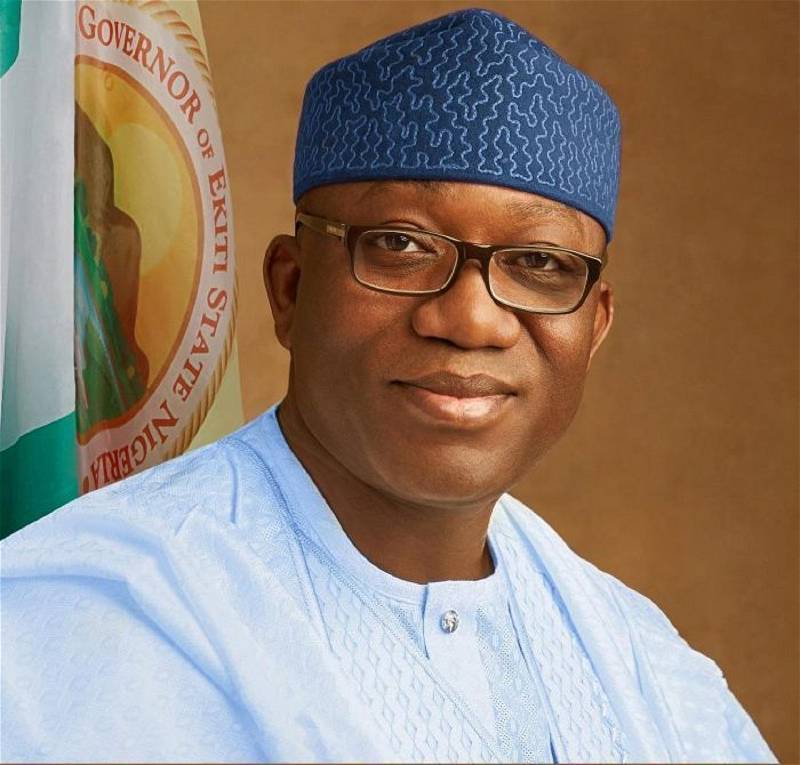The Kaduna State Government on Saturday warned that it would prosecute anyone caught diverting food items being distributed to vulnerable people across the state.
The Commissioner for Planning and Budget Commission, Mr Thomas Gyang, gave the warning in Kaduna, while handing over the food items to the distribution cluster committee members in Kaduna.
Gyang, who is in-charge of the distribution in Chikun Local Government Area, said the items were being distributed to cushion the effect of the COVID-19 lockdown in the state.
He said that the items would be distributed to the poor and vulnerable in clusters across the 255 wards in the state.
Gyang identified the clusters as Nasarawa, Trikania, Kudadan., Unguwan John, Unguwan Hausawa, and unguwan Yayok cluster; and Sabon Tasha, Unguwan Pama, Unguwan, Boro, Unguwan Gimbiya and Babbar Saura.
Others are Television and Unguwan Romi; Narayi, Kamazo, Janruwa, Unguwan Maigero, Danbushiya and Kadaure.
He said that the committee comprised of the APC Ward Chairmen as heads of the committees, village heads, religious leaders, community members and other relevant stakeholders.
“If you take any grain of rice, beans or any of the food items that did not belong to you to your house, you will be prosecuted for sabotage.
“You have been selected as members of the committees at the distribution clusters because of your integrity and because of the confidence we have that you will be just and fair to all.
“Therefore, see it as a privilege to serve humanity at the hour of need, and not an opportunity to steal from the poor,” he said.
He said that the foodstuff to be distributed comprised of 510 bags of rice, shared into 3,060 smaller bags for the households; and 72 bags of beans, also shared into 1,080 smaller bags.
“We will also share 840 cartons of spaghetti, 6,000 cartons of Noodles, and 2,000 gallons of vegetable oil.
“We are expecting some quantities of gari and semovita, which we will distribute accordingly as soon as we receive them,” Gyang said.
He explained that the cluster committees were asked to identify the beneficiaries because not all the local government areas have social register, that would have made the selection of the beneficiaries easier. (NAN)



